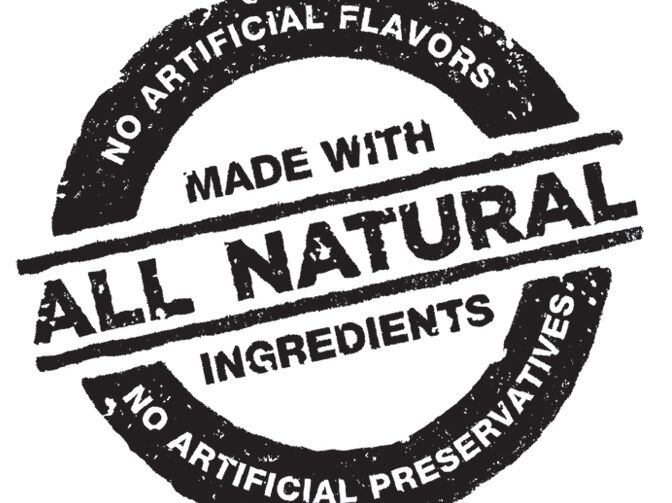The lawsuit - filed in Minnesota by plaintiffs Molly Martin and Lauren Barry on behalf of a proposed nationwide class of consumers - alleged that Cargill has misled shoppers by marketing Truvia consumer products as ‘natural’ because they contain ingredients that are “highly processed” and/or derived from GMOs.
Under the settlement - which is subject to court approval and will be discussed at a preliminary hearing on October 23 - Cargill has not admitted any liability and “continues to deny that its marketing, advertising, and/or labeling of the Truvia Consumer Products is false, deceptive, or misleading to consumers or violates any legal requirement”.
While the complaint has not been certified as a class action, Cargill has agreed to recognize a nationwide class of consumers “solely for the purpose of compromising and settling those claims on a class basis”, and will create a $5m fund to cover cash refunds or vouchers for consumers that bought selected Truvia products.
If the nationwide settlement is approved by the Court, it will resolve all similar claims, said Cargill, which was hit with a similar lawsuit in July filed in Hawaii by plaintiff Denise Howerton.
Cargill: We always believed this matter to be without merit or substance
Nicole Reichert, external communications manager for Cargill Corn Milling North America, told FoodNavigator-USA that Cargill would continue to market Truvia as 'natural', adding: "Our Truvia natural sweetener products are made with natural ingredients and meet all legal and regulatory requirements."
Asked why Cargill had agreed to settle, she added: “We always believed this matter to be without merit or substance. Putting this behind us enables us to focus all our attention on our products and our consumers."
Cargill has agreed to several label modifications

Cargill has also agreed to modify product labels, and will either add an asterisk to its ‘Nature’s calorie-free sweetener’ tagline inviting consumers to look at the FAQ page of its website, or will change the tagline to ‘Calorie-free sweetener from the stevia leaf’ or something similar.
Separately, it has agreed to change the phrase ‘Erythritol is a natural sweetener, produced by a natural process, and is also found in fruits like grapes and pears’ to: ‘Erythritol is a natural sweetener, produced by a fermentation process. Erythritol is also found in fruits like grapes and pears.’
Meanwhile, the FAQ section of its website will also be updated, and will address the GMO issue:
In response to the question, "Does Truvia natural sweetener contain GMO? Is it genetically modified?", Cargill will say:
"No. Truvia natural sweetener is not GMO, and does not contain any genetically modified ingredients... The erythritol used in Truvia... is produced by a yeast organism that is found in nature. The yeast ferments or digests dextrose and other nutrients... The dextrose... is a simple sugar derived from the starch component of US-grown corn. Although genetically enhanced corn and non-transgenic corn are grown in the US today, erythritol is not derived from corn or dextrose feedstock; it is derived from the yeast organism. Erythritol is not genetically modified, and does not contain any genetically modified proteins."
Natural label claims
The case is just one of hundreds of similar civil suits filed against large food and beverage companies for allegedly misleading consumers with ‘natural’ claims in recent years.

While many of these cases have been settled, scores are still moving through the courts and a handful - specifically referring to whether foods containing ingredients from genetically engineered crops are ‘natural’ - are currently on ice as judges wait to see if the FDA will step in and make a determination on this issue.
The FDA follows a 1993 policy that states: “[FDA] has not objected to the use of the term [‘natural’] on food labels provided it is used in a manner that is truthful and not misleading and the product does not contain added color, artificial flavors or synthetic substances.”
However, this does not help firms fighting lawsuits over high fructose corn syrup; maltodextrin; partially hydrogenated vegetable oils; ingredients extracted using organic solvents such as hexane; GMOs and a whole raft of other substances some stakeholders argue do not belong in a product labeled as ‘natural’.
To download the settlement (PDF), click here.
